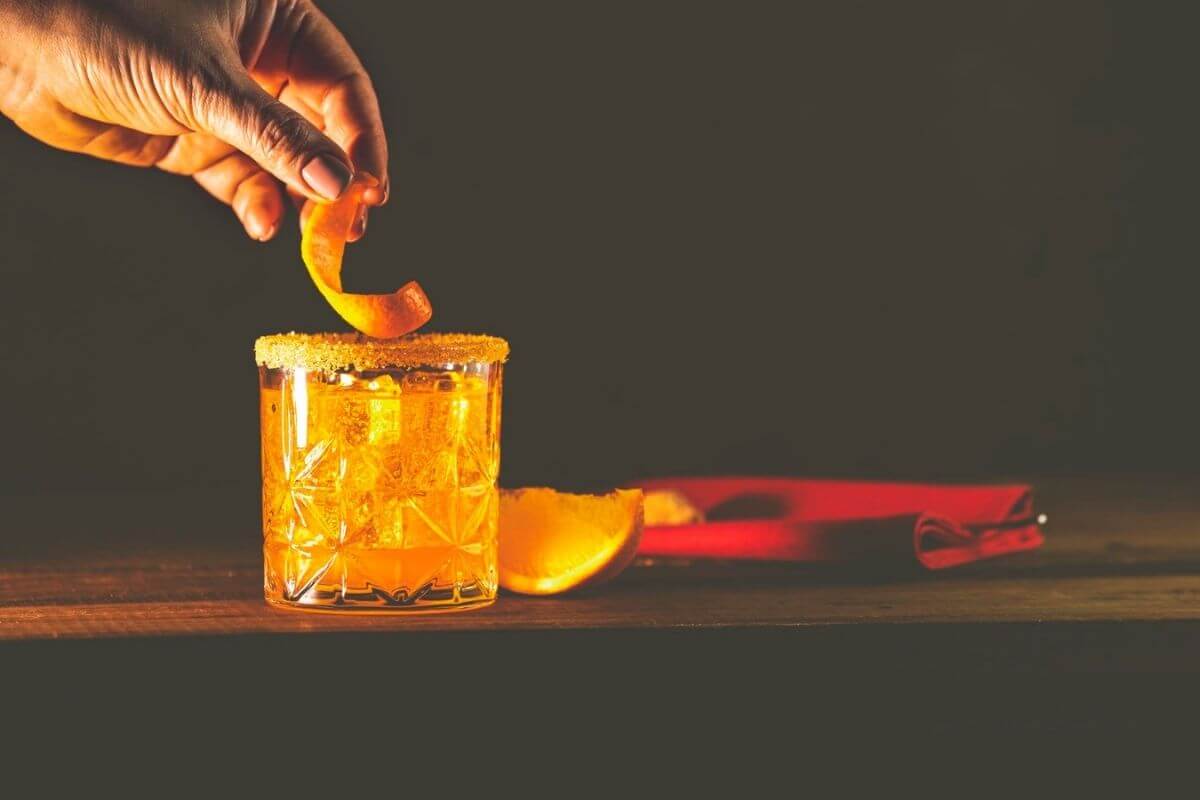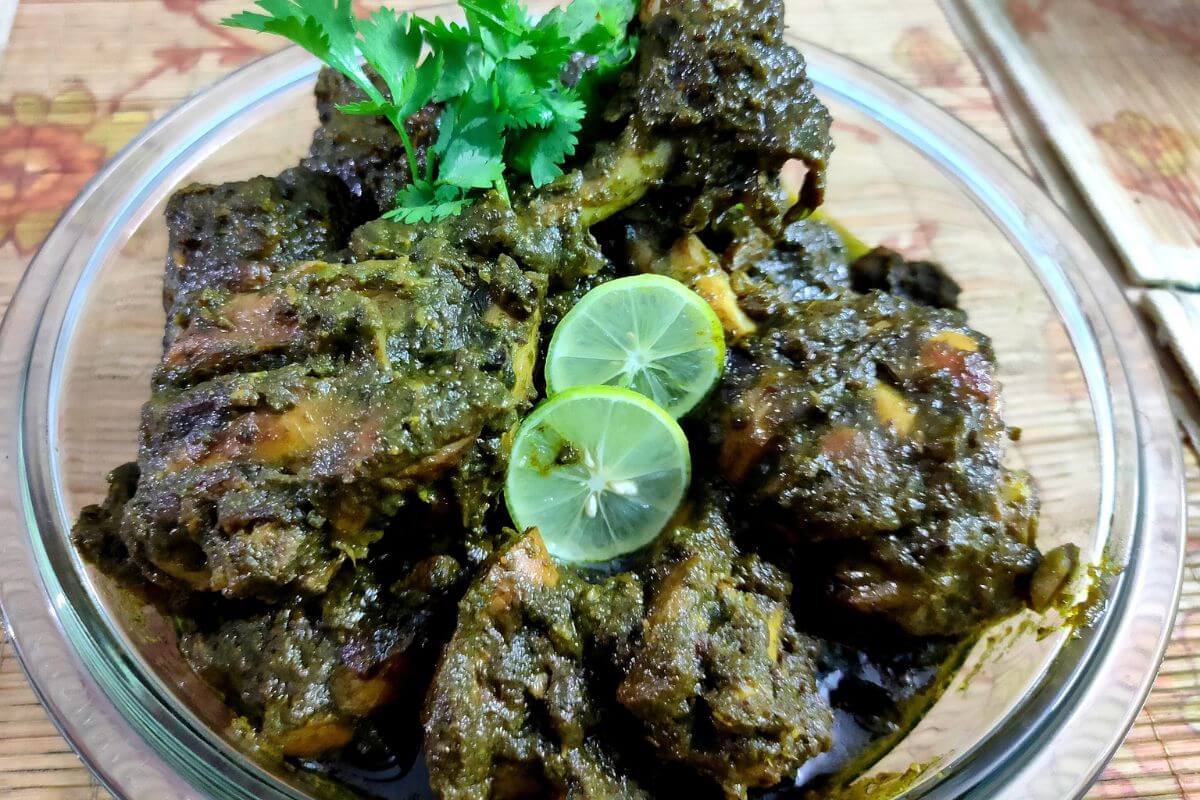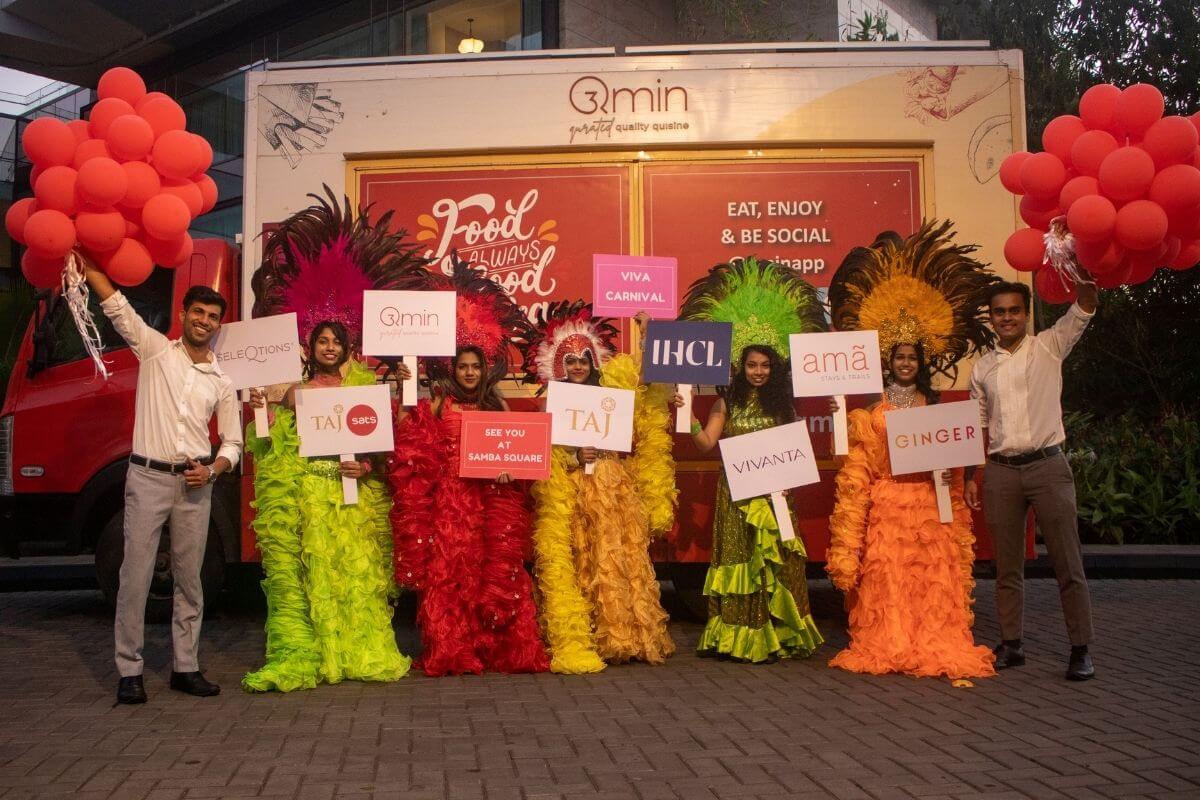Bitters are the unsung heroes of the cocktail world, bringing depth, complexity, and balance to some of the most iconic drinks. Though they may appear to be just a small component, a few drops of bitters can completely transform the flavor profile of a cocktail. Regarding whisky cocktails, bitters play a pivotal role in enhancing the spirit’s boldness while softening its rough edges. But what exactly are bitters, and how do they elevate whisky-based drinks?
In this deep dive, we’ll explore the origin of bitters, their role in whisky cocktails, and how they’ve evolved from medicinal tonics to a bartender’s secret weapon.
What Are Bitters?
Bitters are highly concentrated infusions made by steeping botanicals—such as herbs, spices, fruits, roots, and barks—in alcohol. The resulting liquid is intensely aromatic and bitter, hence the name. The alcohol acts as a preservative, giving bitters a long shelf life and allowing them to retain their potent flavour.
Traditionally, bitters were used as digestive aids and medicinal tonics, dating back to ancient civilizations where herbal concoctions were believed to cure various ailments. Over time, bitters transitioned from medicine to mixology, becoming a staple ingredient in classic cocktails. The most famous bitters include Angostura, Peychaud’s, and orange bitters, though there are now countless varieties with unique flavour profiles.
The Origins of Bitters: From Medicine to Mixology
The history of bitters dates back to the ancient Egyptians, who are believed to have used botanical infusions for medicinal purposes. However, bitters gained prominence in the 18th and 19th centuries, when European apothecaries developed herbal elixirs to treat digestive issues, fevers, and other ailments.
One of the most notable early bitters is Angostura, created by Dr. Johann Siegert in 1824 as a medicinal tonic to treat stomach issues among soldiers in Venezuela. Similarly, Peychaud’s bitters, developed by Antoine Amédée Peychaud in New Orleans in the 1830s, became a popular remedy for digestive troubles.
As the cocktail culture blossomed in the 19th century, bartenders began incorporating bitters into their drinks. The sharp, aromatic qualities of bitters added complexity to cocktails, balancing the sweetness of sugar and the warmth of spirits like whisky. By the time the Prohibition era hit in the United States, bitters were firmly entrenched as a must-have cocktail ingredient, even though alcohol consumption was heavily restricted.
Why Bitters Are Crucial to Whisky Cocktails
Whisky, with its robust flavor and smoky, caramel undertones, is a powerful spirit that can sometimes overwhelm the palate on its own. Bitters bring a nuanced balance to whisky cocktails, offering a counterpoint to the richness of the whisky and enhancing its layers of flavor. Here’s why bitters play such a crucial role in whisky-based drinks:
- Balancing Sweetness: Whisky cocktails often contain sugar or sweet liqueurs to round out the spirit’s intensity. Bitters act as a balancing agent, preventing the drink from becoming overly sweet. A few drops of bitters introduce a subtle bitterness that offsets the sugar, creating a more well-rounded flavor profile.
- Adding Complexity: Bitters are packed with aromatic compounds that contribute to a cocktail’s complexity. Whisky, with its smoky, woody, and caramel notes, benefits from the added dimension that bitters provide. The herbal, spicy, or fruity notes in bitters can complement the whisky’s natural flavors, making each sip more intriguing.
- Heightening Aromas: Whisky is a highly aromatic spirit, and bitters only serve to enhance this quality. A well-crafted whisky cocktail should engage the senses even before the first sip, and the addition of bitters can intensify the drink’s aroma, drawing the drinker in with hints of spice, citrus, or herbs.
- Highlighting Whisky’s Strengths: Whisky is known for its boldness, and bitters help to accentuate the spirit’s best qualities. For instance, orange bitters can highlight whisky’s citrus undertones, while Angostura bitters can emphasize the spiciness of rye whisky. Bitters work to amplify the inherent flavors in whisky, making the drink more vibrant and complex.
Common Bitters Used in Whisky Cocktails
While there are countless varieties of bitters available today, a few classics stand out when it comes to whisky cocktails:
- Angostura Bitters: Perhaps the most iconic bitters, Angostura is a blend of herbs, spices, and bark, known for its deep, complex flavor. Its spicy, slightly sweet profile pairs beautifully with whisky, making it a staple in drinks like the Old Fashioned and Manhattan.
- Peychaud’s Bitters: Peychaud’s bitters have a lighter, more floral flavor than Angostura, with hints of anise and cherry. Often associated with the Sazerac, a classic whisky cocktail, Peychaud’s adds a distinctive brightness to whisky drinks.
- Orange Bitters: Orange bitters bring a zesty citrus note to whisky cocktails, which can balance the spirit’s richness. They are often used in drinks like the Rob Roy and are a versatile addition to any bar.
- Aromatic Bitters: These bitters are made from a blend of spices, roots, and citrus peels. Their bold, warm flavors pair well with whisky, adding depth and an aromatic quality that enhances the overall drinking experience.
Classic Whisky Cocktails Featuring Bitters
Now that we understand the importance of bitters, let’s take a look at some classic whisky cocktails where they shine:
- Old Fashioned: The Old Fashioned is perhaps the most iconic whisky cocktail, and it owes much of its complexity to bitters. Made with whisky, sugar, water, and Angostura bitters, the Old Fashioned is a simple yet elegant drink where bitters balance the sweetness and highlight the whisky’s richness.
Recipe:
- 2 oz whisky (bourbon or rye)
- 2 dashes Angostura bitters
- 1 sugar cube
- Splash of water
- Orange peel for garnish
Muddle the sugar cube with bitters and water in a glass. Add whisky and ice, and stir gently. Garnish with an orange peel.
- Manhattan: The Manhattan is a timeless whisky cocktail that features both Angostura and orange bitters, giving the drink a layered, sophisticated flavor. The sweetness of vermouth is balanced by the bitterness, making it a favorite among whisky enthusiasts.
Recipe:
- 2 oz rye whisky
- 1 oz sweet vermouth
- 2 dashes Angostura bitters
- Maraschino cherry for garnish
Stir the whisky, vermouth, and bitters with ice, and strain into a chilled glass. Garnish with a cherry.
- Sazerac: The Sazerac is a New Orleans classic made with Peychaud’s bitters, rye whisky, and absinthe. The anise-forward Peychaud’s bitters complement the spiciness of the rye, while absinthe adds a layer of complexity.
Recipe:
- 2 oz rye whisky
- 1 sugar cube
- 3 dashes Peychaud’s bitters
- Absinthe for rinsing
- Lemon peel for garnish
Muddle the sugar cube with bitters in a glass. Add whisky and ice, and stir. Rinse a second glass with absinthe, discard the excess, and strain the drink into the glass. Garnish with a lemon peel.
- Whisky Sour: Though not a bitter-heavy cocktail, the addition of Angostura bitters to a whisky sour can elevate its flavors by adding spice to the tartness of lemon juice and the sweetness of simple syrup.
Recipe:
- 2 oz bourbon
- 3/4 oz lemon juice
- 1/2 oz simple syrup
- 2 dashes Angostura bitters
- Lemon wheel and cherry for garnish
Shake all ingredients with ice, and strain into a rocks glass. Garnish with a lemon wheel and cherry.
The Future of Bitters in Whisky Cocktails
The world of bitters continues to evolve, with new flavors and craft brands entering the market. As bartenders experiment with unique bitter profiles, whisky cocktails are becoming even more inventive and dynamic. From lavender bitters to chocolate bitters, the possibilities are endless for pairing new flavors with whisky’s robust character.
Bitters are no longer just a finishing touch—they are an essential ingredient in the craft of cocktail making. For whisky lovers, bitters bring out the best in the spirit, enhancing its complexity and making each sip a more memorable experience.
Bitters have come a long way from their medicinal roots, but their role in whisky cocktails remains as vital as ever. Whether you’re sipping on a classic Old Fashioned or experimenting with new bitters in your favorite whisky drink, these small but mighty drops are key to unlocking deeper, richer flavors.
The next time you raise a glass, remember that the secret to a great whisky cocktail lies not just in the spirit, but in the bitters that balance and enhance its flavors, making each drink an experience to savor.









